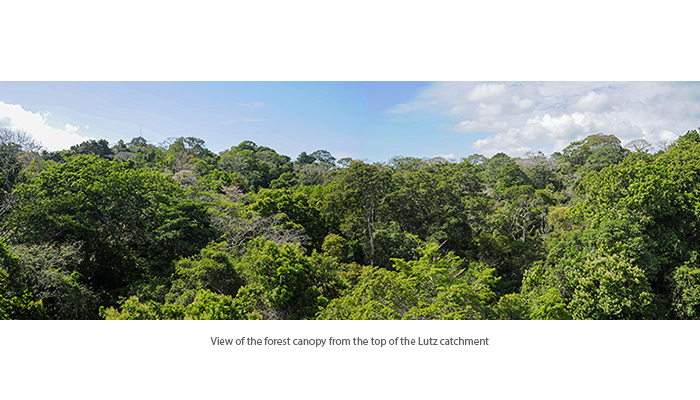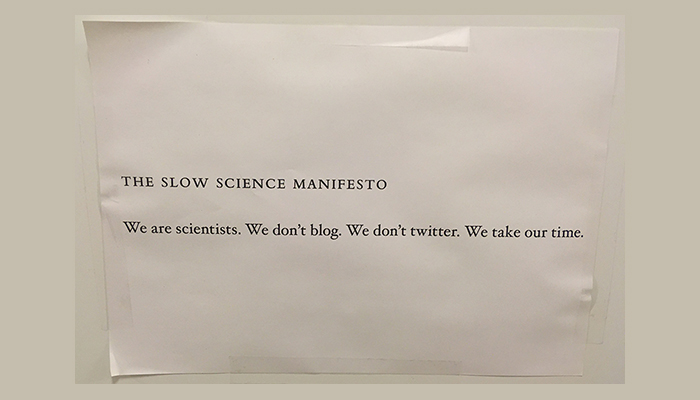Let me guess from which city in the world you are reading this post: Lima, Lahore or Louisville? It might be that you are modelling one of these rivers: Nile, Rhine or Lena? Or studying the Caribbean Sea, the Arabian Sea or the Caspian Sea? The country you live might be Uganda, Philippines or maybe Iceland and your home continent could well be Europe, Latin America or even Antarctica. I assume you ...[Read More]
The Lutz Creek watershed of Barro Colorado Island, Panama
The Lutz Creek watershed, administered by the Smithsonian Tropical Research Institute (STRI) on Barro Colorado Island (BCI), is one of the longest continually monitored, micro-catchments in the neotropics. This catchment is central to the long-term climate and hydrological monitoring program that STRI has operated on BCI since 1972. The information derived from this program plays an essential role ...[Read More]
Slow science in times of COVID
One of the earliest events of vEGU2021 was a debate on slow science organized by three early career scientists, with four invited speakers, Withney Behr, Valeria Cigala, Stuart Lane and Doerthe Tetzlaff. Before following this debate at vEGU21, I only knew the above door posting (on Stuart’s office door) and did not dig more into what is actually behind the movement – in my understanding it was sim ...[Read More]
Brian Berkowitz (2021 John Dalton Medallist) on modelling fluid flow and chemical transport in hydrology: complexity vs. simplicity

The EGU 2021 John Dalton Medal of the EGU Division on Hydrological Sciences was awarded to Brian Berkowitz for his seminal contributions to analysis of flow and anomalous transport in natural porous and fractured media, with pioneering experimental methods and novel conceptual frameworks. His medal lecture was presented at the online vEGU 2021 meeting. We invited Brian to contribute a blog post to ...[Read More]



